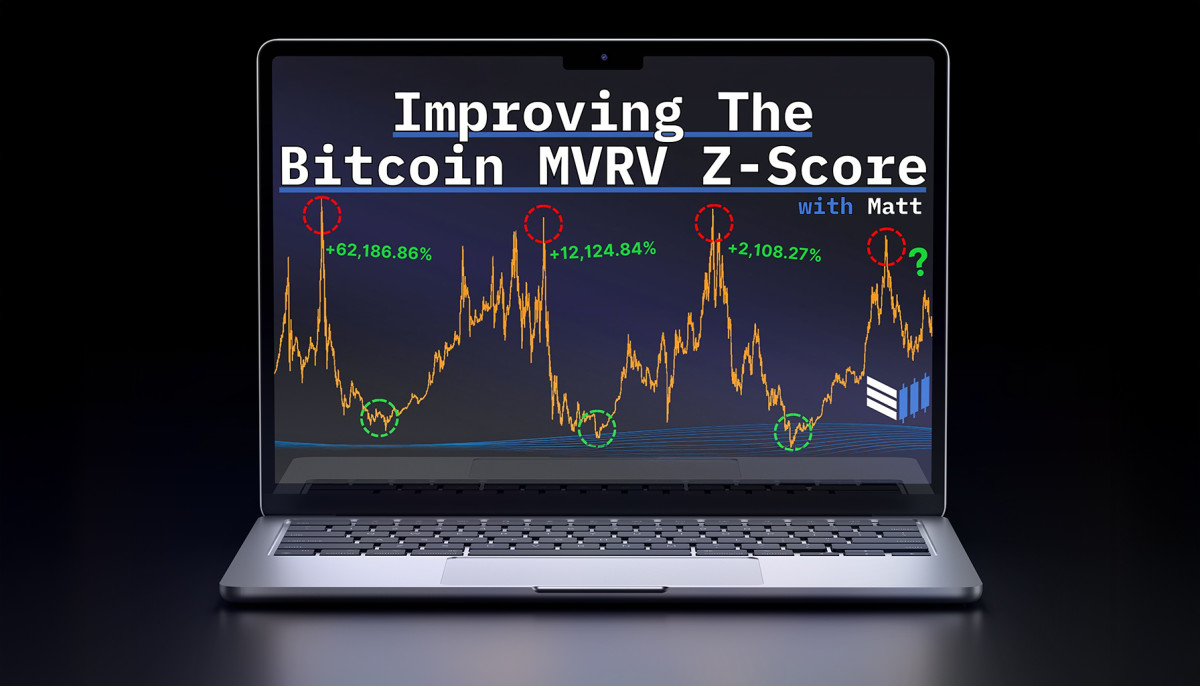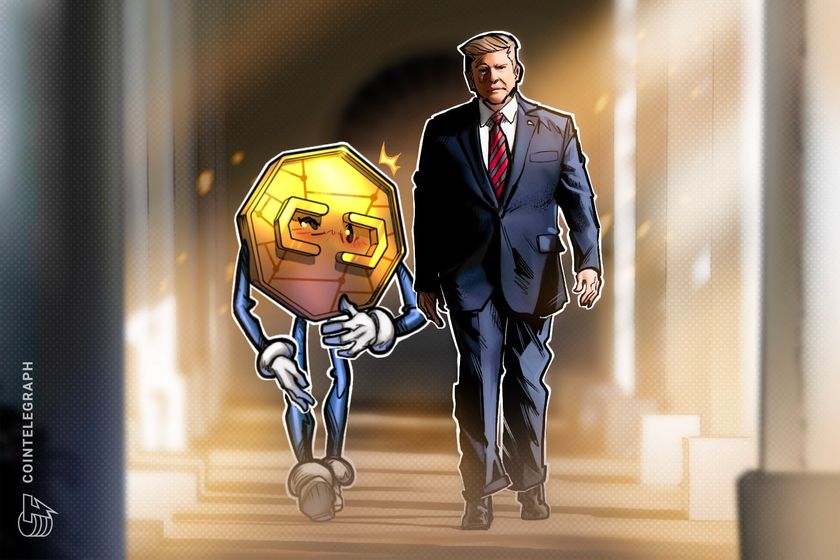Demand for Bitcoin is growing among the bank’s high-net-worth and institutional clients. The development comes shortly after the bank confirmed its first direct purchase of the cryptocurrency—11 Bitcoins valued at approximately €1 million ($1.03 million)—and marks a significant stride in bridging traditional finance with the crypto world.
Carlo Messina, Intesa Sanpaolo’s chief executive, described the small Bitcoin position as an “experiment” driven by evolving client interest rather than a large-scale shift in strategy. “It’s very small amounts, considering we have €100 billion in our securities portfolio,” Messina noted, adding that this initial acquisition is intended to help the bank prepare for scenarios in which wealthier clients might request Bitcoin-related services.
Expansion of Digital Asset ServicesIntesa Sanpaolo has been steadily growing the bank’s crypto capabilities since 2023, when it set up a dedicated desk for proprietary digital asset trading. Initially focused on options, futures, and exchange-traded funds (ETFs) tied to cryptocurrencies, the bank broadened its operations last year to include spot trading. The recent direct Bitcoin purchase underscores an ambition to remain at the forefront of digital finance in Europe.
Market analysts say this foray highlights a broader shift. While some European banks have dabbled in blockchain or digital tokens, few have ventured into outright Bitcoin purchases. “This is the largest bank in Italy clearly signaling to the market that cryptocurrencies are becoming part of the mainstream financial landscape,” noted one industry expert based in Milan. “It can pave the way for others to follow suit.”
Easing Regulations and Evolving SentimentIntesa Sanpaolo’s move occurs as digital asset regulations in Europe become more defined. The Markets in Crypto Assets (MiCA) framework, which came into full effect in December 2024, establishes guidelines for institutions dealing in cryptocurrencies. This regulatory clarity has encouraged major financial players to test the waters, signaling a growing acceptance of digital assets in the region.
Even so, regulators within Italy have historically expressed reservations about cryptocurrencies. Fabio Panetta, governor of the Bank of Italy, has repeatedly warned of the potential risks posed by Bitcoin and other digital currencies. Observers say Intesa Sanpaolo’s measured approach—initially trading with its own funds—suggests the bank is balancing innovation with prudent risk management in a space that remains volatile.
Inside the Bank’s StrategyLeaked internal emails on online forums initially fueled rumors of a potential crypto experiment at Intesa. Those rumors were later confirmed when Niccolo Bardoscia, head of digital assets trading and investment at the bank, acknowledged that Intesa now holds 11 BTC. Although the bank has yet to state whether the purchase is part of a more comprehensive portfolio diversification strategy, executives say the plan focuses on learning the mechanics of owning and trading Bitcoin to better serve future client needs.
The purchase was executed through Boerse Stuttgart Digital’s institutional trading platform, underscoring Intesa Sanpaolo’s desire to conduct these transactions under well-established financial infrastructures. “We won’t become a Bitcoin provider,” Messina emphasized, “but we need to know how to do so if our bigger clients ask us to.”
A Changing Global LandscapeMeanwhile, Bitcoin’s price has displayed renewed momentum, approaching the $100,000 mark as investors speculate on more favorable U.S. regulations under President Donald Trump’s administration. This optimism follows pivotal milestones, including the U.S. Securities and Exchange Commission’s approval of spot Bitcoin ETFs and broader recognition of digital assets across multiple jurisdictions. Some analysts, including Bitwise, predict that Bitcoin could more than double in value by the end of the year if market sentiment remains positive.
Source: Bitwise
Such developments in the United States often echo across the global financial system. By acting now, Intesa Sanpaolo positions itself to capitalize on a potential crypto boom while safeguarding its ability to meet client demands for digital asset services. Many experts believe this proactive stance could enhance the bank’s reputation as a pioneer in Italy’s rapidly evolving financial sector.


















